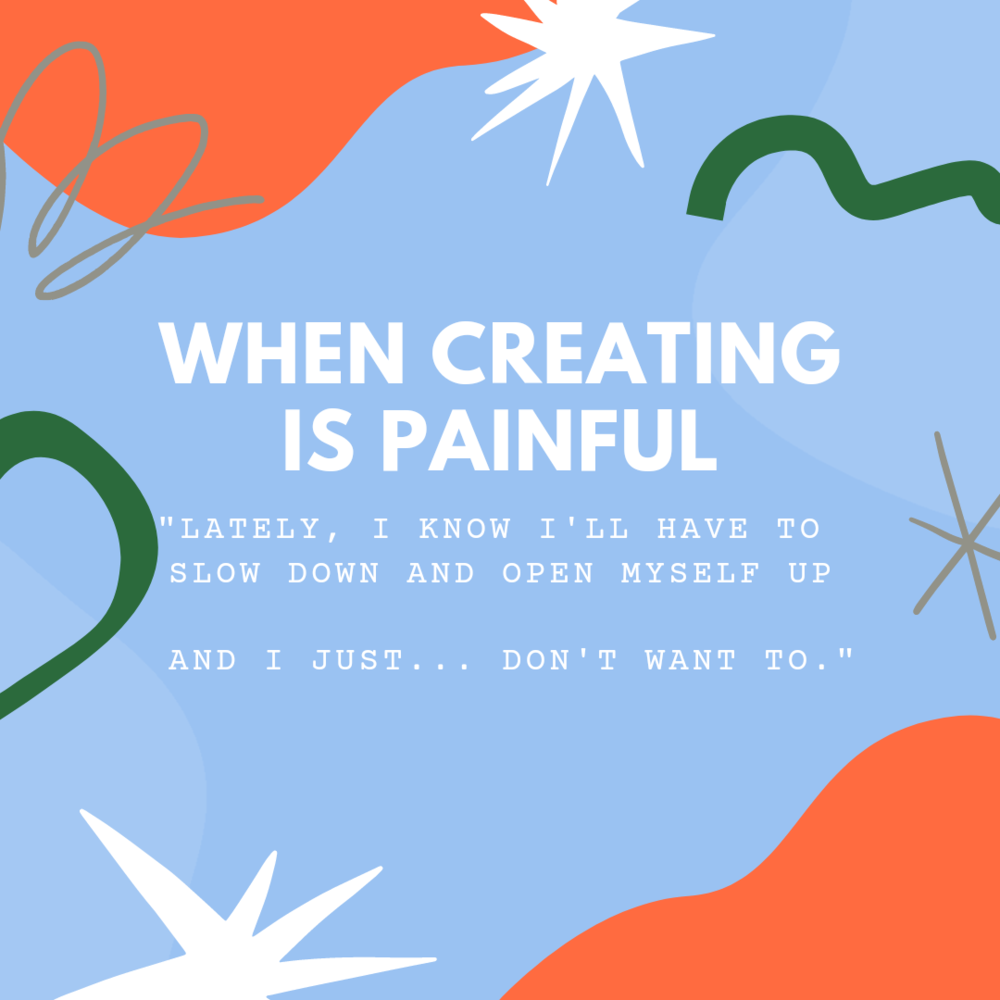An AAPI in Theatre
It’s been a difficult week for the AAPI community, and my grief has been unusual and complicated. There’s a layer of grief that almost floats above me--because it’s not about me, but about how some of “my people” are victims of violence. But then, my own pain is amplified too. Little things are harder to ignore, and I’m reminded of my past experiences. In particular, I wanted to reflect on how theatre has provided a space for me to contend with the complications of my AAPI identity.
Before I’d entered theatre spaces, I was only vaguely aware I was different. I’d spent most of my social time in Asian American communities. It wasn’t until I was one of maybe two Asian Americans in a small Performing Arts School that I was confronted with my unique identity. Suddenly, I was spending up to 60 hours a week in a building where no one understood me--and I didn’t understand myself.
Classmates whispered about my food, and neutral masks never fit my face. I was cast in the occasional production (probably because of tokenism), but they couldn’t picture me as anything but a side character: I was a maid, a teacher, and a nun. Meanwhile, my peers’ resumes grew and grew; one of my friends was the leading man almost every year.
Years of pent up feelings of alienation culminated in a solo performance my senior year. In this Solo Mio, I ranted about regular greetings of race only: “Hey Asian!” I ranted about “rice-loving” jokes and how it was ridiculous because I probably ate as much rice as white people ate bread. I ranted about a time I had dinner with my castmates; a carful of college boys drove by and singled me out for mockery. I later cried backstage, and my friends confusingly tried to comfort me by saying things like: “I don’t think they meant anything by it.”
I sobbed through the final minutes of every Solo Mio.
After years of repression, I had, for the first time, articulated my complicated experience in front of an audience. When I could hear the audience crying with me, I knew I’d been seen, heard, and understood.
To this day, I bump into people who say: “I still think about your Solo Mio all the time. And you’re right! I eat so much bread!”
I realized then that not only was it cathartic for me, but it made an impression on others. I lived a unique identity that my peers didn’t understand, but could understand. And I wondered if maybe, through theatre, I could do something about this gap.
In college, I began to seek out and learn about trailblazing Asian American playwrights. They deconstructed stereotypes and humanized our stories, and I dreamed of being one of them.
Soon after, I wrote my first real play about Asian Americans (not just a solo rant), where two sisters contend with the confusing experience of feeling both invisible and feeling like they stick out too much. For the central metaphor, I thought about how highlighters are both shockingly yellow but also see-through. And this was how “Highlighter Girl” was born.
I’ve gotten to produce “Highlighter Girl” more than once, and every time, friends and strangers approach me afterwards with eureka moments.
Perhaps the most rewarding part is how this play has impacted actors. One of them had been trying to explain herself to her friends with little success--and then they saw the play. Another still cites “Highlighter Girl” as a turning point for understanding her own identity, and the start of her quest for justice.
Now I live in New York City--and I realize that all I’ve ever wanted to play is leading ladies and ingenues, but somehow it feels embarrassing to admit. When I was cast in two leading roles, I found myself shocked and almost in protestations.
I want more for us. So I keep auditioning and I keep writing.
Art is an invitation into a collective experience of learning and compassion. And for a marginalized kid who still struggles, to this day, to raise her voice, theatre has given me the space to be seen, heard, and understood.
So, to all my non-Asian friends, I think you could learn a lot from our art. I hope you can support it and watch more of it.
And to all my Asian friends--your voice needs to be heard, and your story matters.






